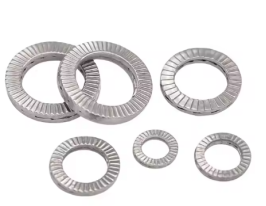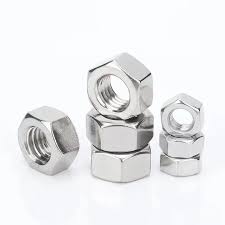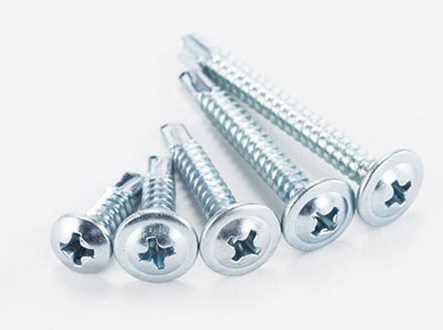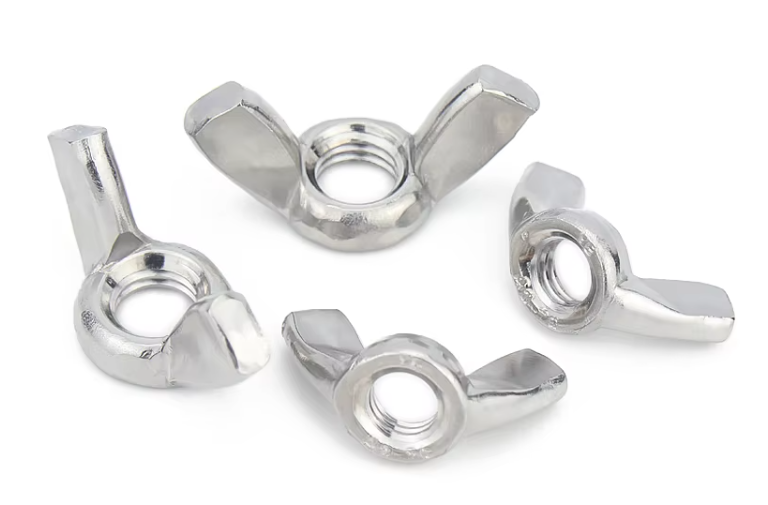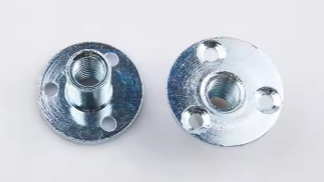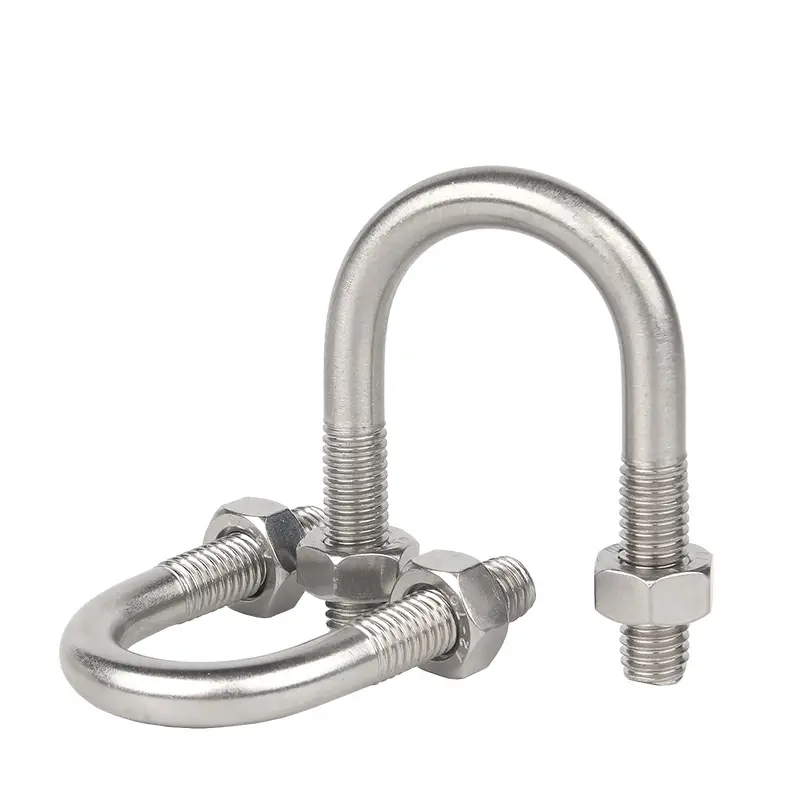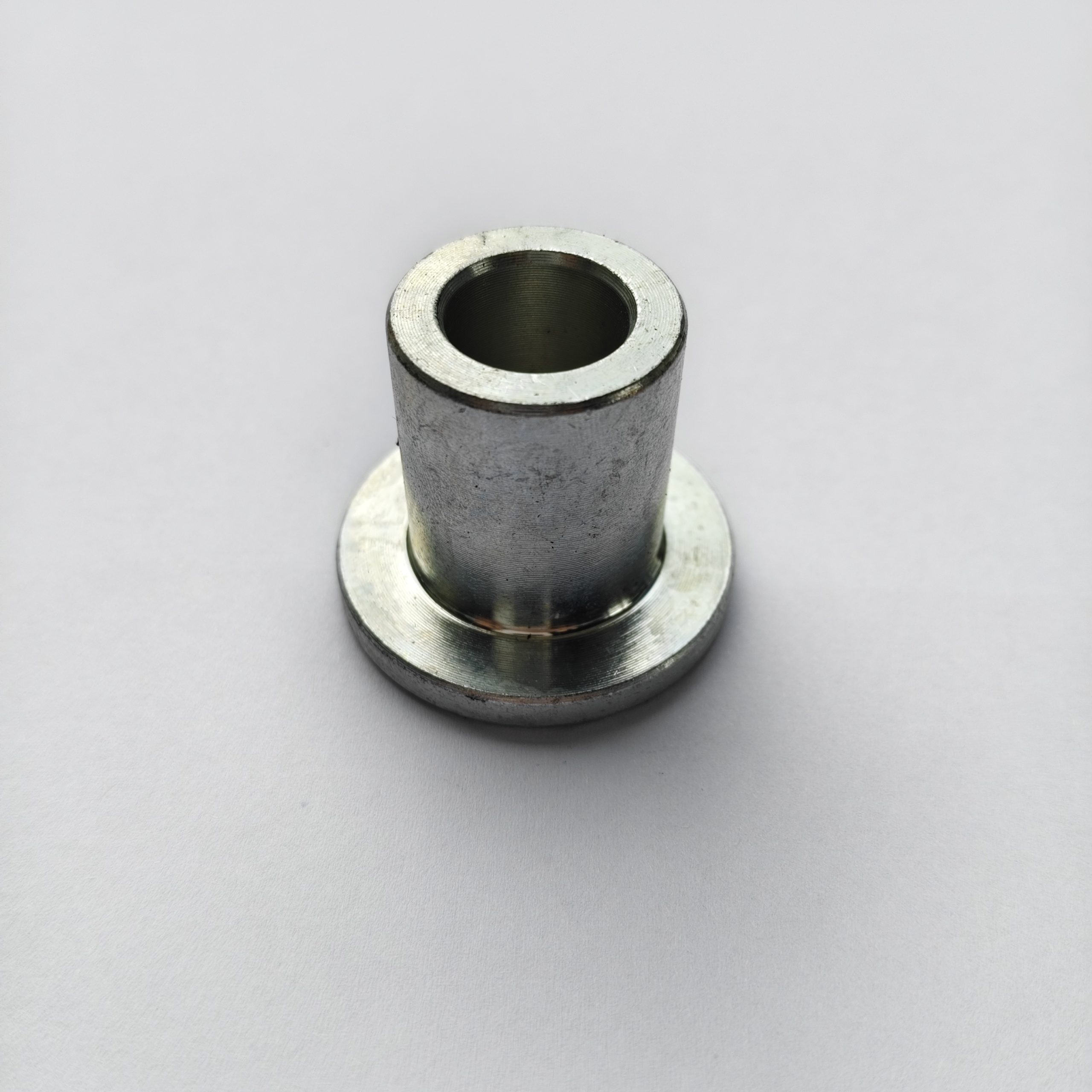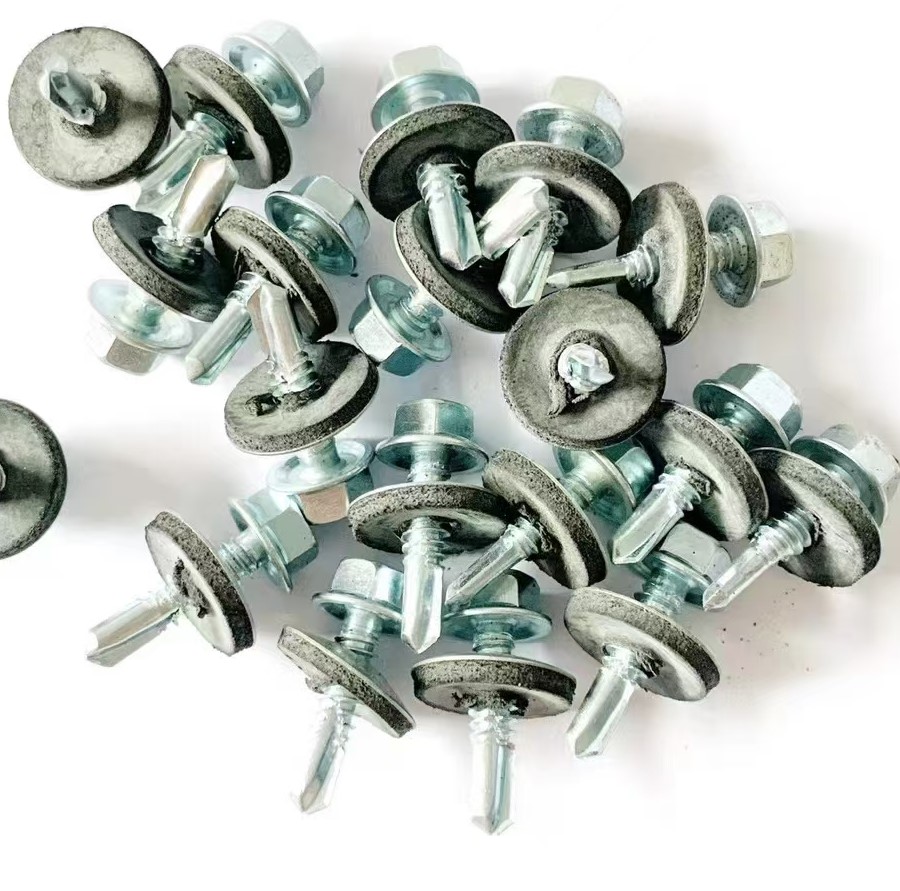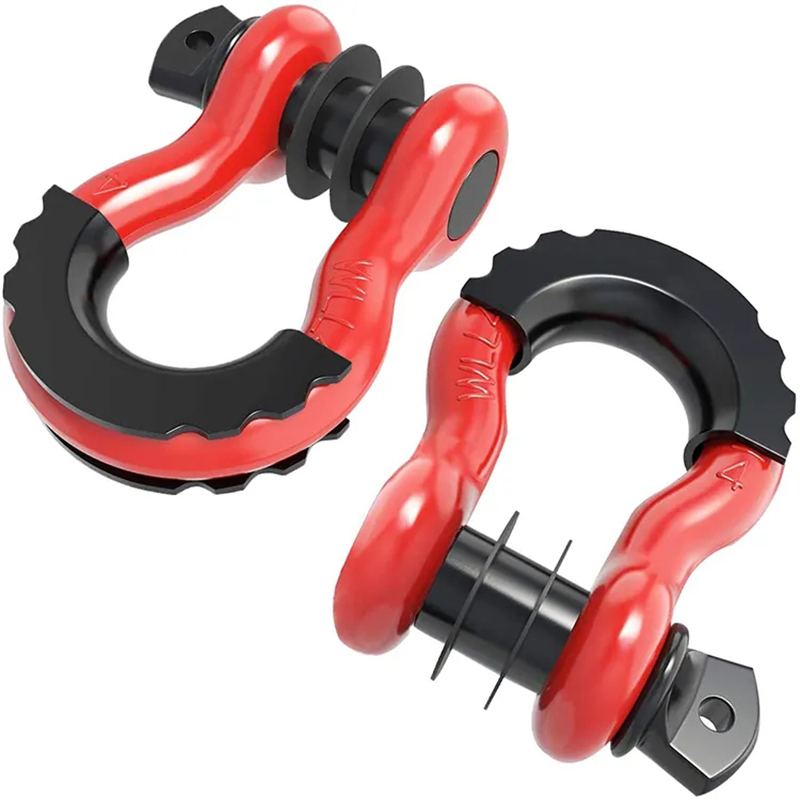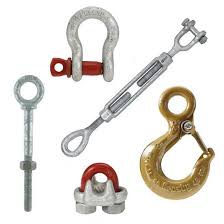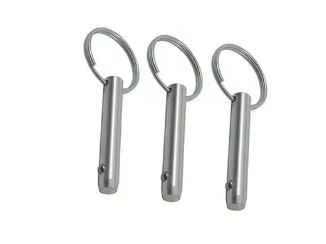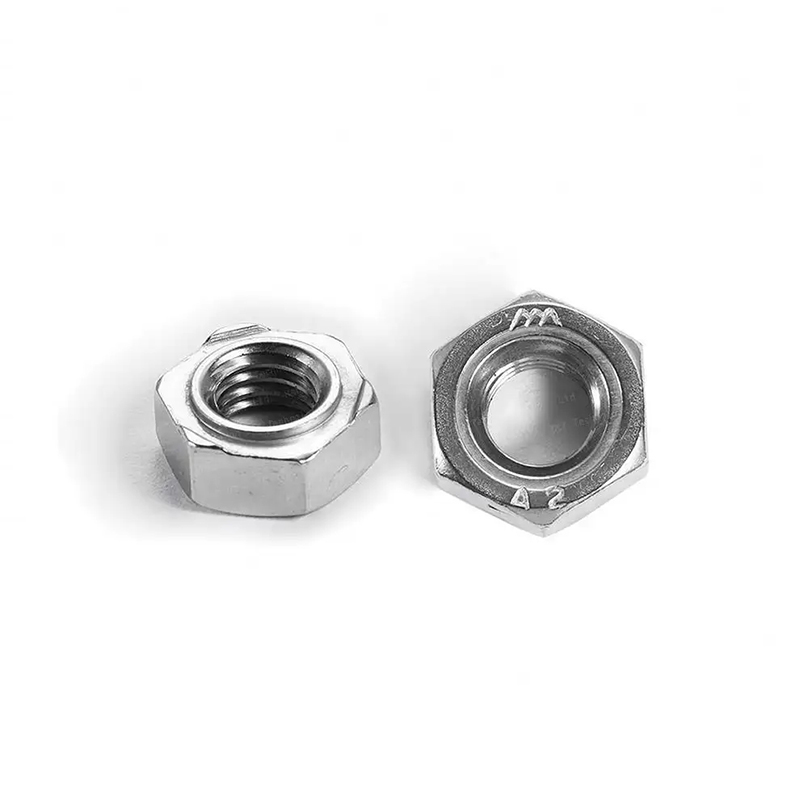

This comprehensive guide helps you navigate the world of bolt hex nut factories, providing insights into selection criteria, quality considerations, and sourcing best practices. We explore different types of hex nuts, manufacturing processes, and factors influencing pricing, ensuring you find the perfect supplier for your project.
Standard hex nuts are the most common type, used extensively in general fastening applications. Their versatility makes them suitable for various industries and materials. The dimensions adhere to widely accepted standards, ensuring interchangeability.
Heavy hex nuts are designed for applications requiring increased strength and durability. They feature thicker walls and larger threads, making them ideal for high-stress environments or where significant vibration is expected.
Flange hex nuts incorporate a built-in washer, eliminating the need for a separate washer and simplifying assembly. This design enhances sealing and prevents the nut from loosening under vibration. They are particularly useful in applications where space is limited.
Numerous other types of hex nuts exist, catering to specialized applications. These include lock nuts (prevent loosening), cap nuts (for decorative or protective purposes), and weld nuts (permanently attached to a component). The specific requirements of your project will dictate the appropriate choice.
Verify that the bolt hex nut factories you are considering have robust quality control processes in place. Look for certifications like ISO 9001, which indicates adherence to international quality management standards. A reputable factory will be transparent about its quality procedures and readily provide verification.
Assess the factory's production capacity to ensure it can meet your order volume and deadlines. Inquire about their lead times and historical performance to understand potential delays. Understanding their capacity will prevent production bottlenecks and delays in your projects.
Investigate the bolt hex nut factories' material sourcing practices. Ensure they utilize high-quality raw materials and have systems in place for traceability, allowing you to verify the origin and composition of the nuts. This is critical for ensuring consistent product quality and compliance with industry regulations.
Obtain detailed quotes from multiple bolt hex nut factories, comparing pricing structures and payment terms. Consider factors such as minimum order quantities (MOQs), shipping costs, and potential discounts for bulk orders. Negotiate favorable terms that align with your budget and project requirements.
Online directories and industry-specific platforms can be valuable resources for finding potential suppliers. Directly contacting manufacturers and requesting samples is also a best practice to assess quality firsthand. Attend industry trade shows to network with suppliers and compare offerings.
One example of a successful partnership is with Hebei Dewell Metal Products Co., LTD. They've consistently demonstrated a commitment to high-quality bolt hex nut manufacturing, timely delivery, and excellent customer service. Their adherence to stringent quality control measures and willingness to collaborate on customized solutions make them a reliable partner for many businesses.
Selecting the appropriate bolt hex nut factories is vital for project success. By carefully evaluating factors such as quality, capacity, and pricing, and leveraging effective sourcing strategies, you can establish reliable partnerships that deliver high-quality components and contribute to efficient operations. Remember to always prioritize quality control and transparent communication with your chosen supplier.

